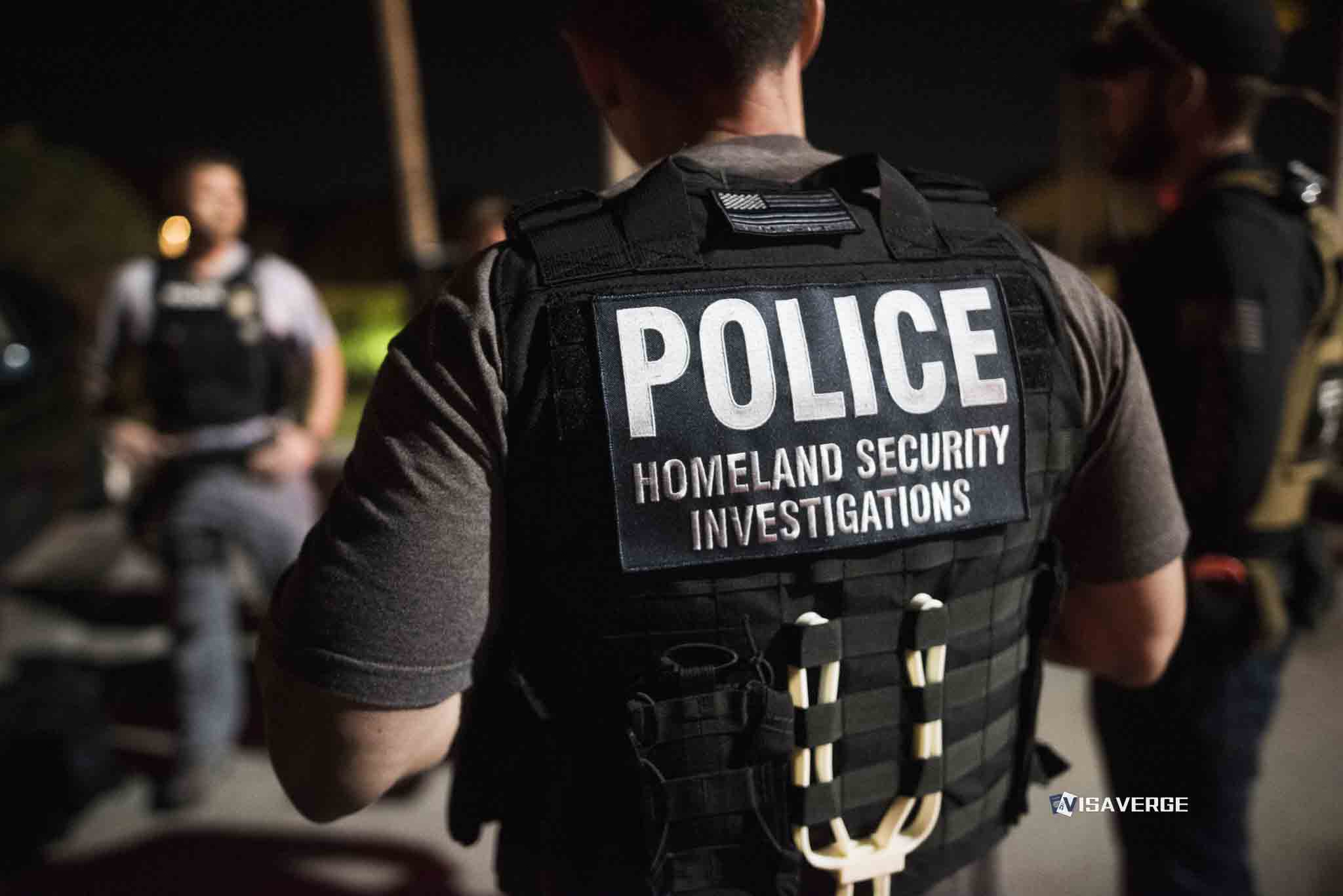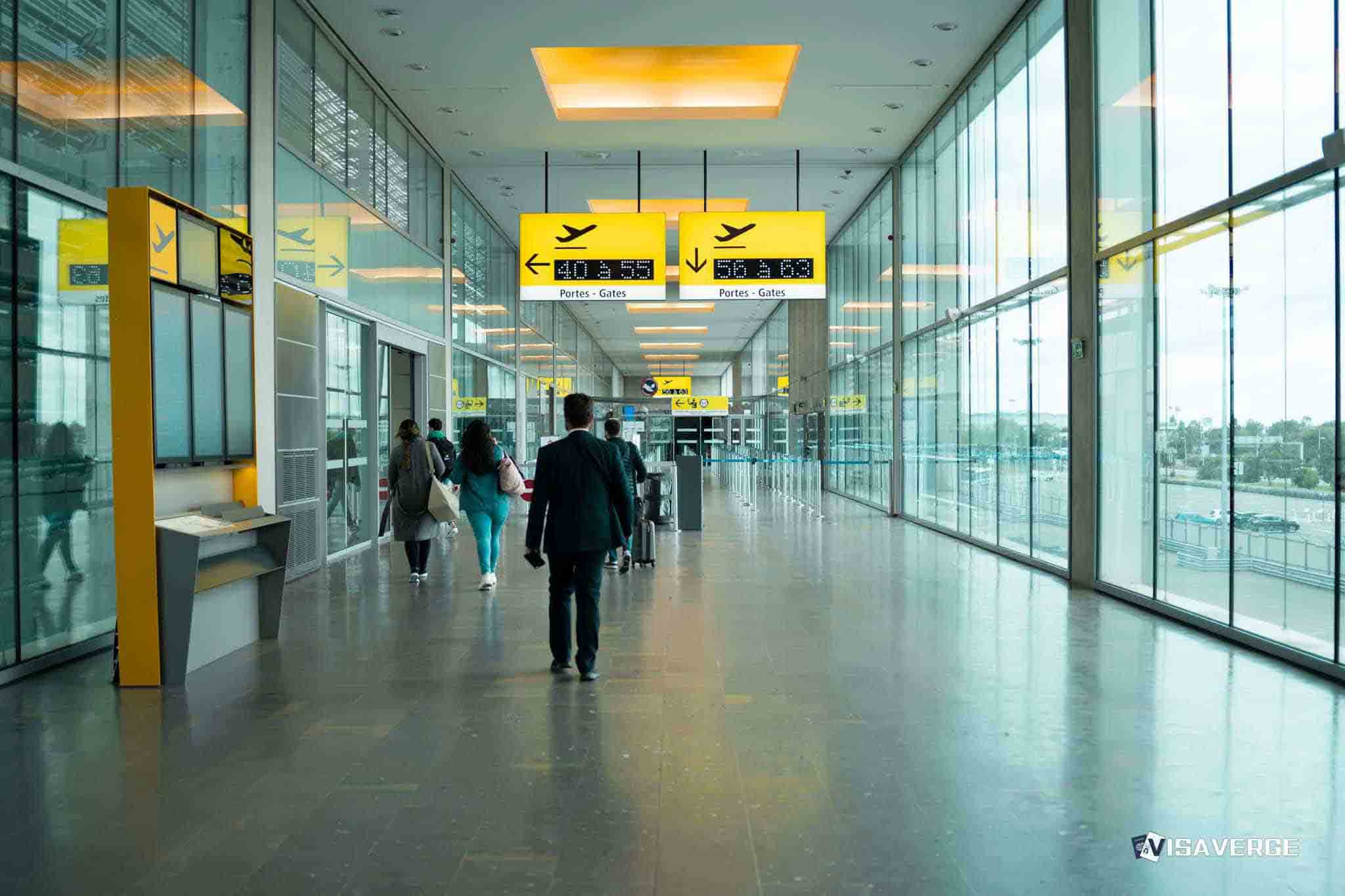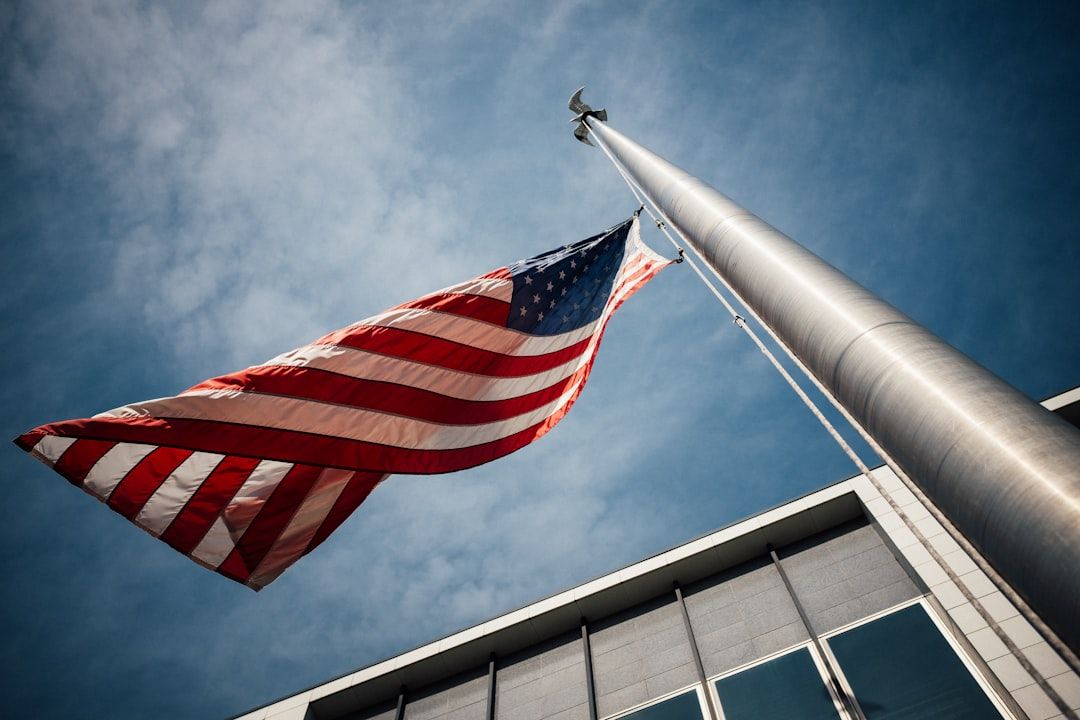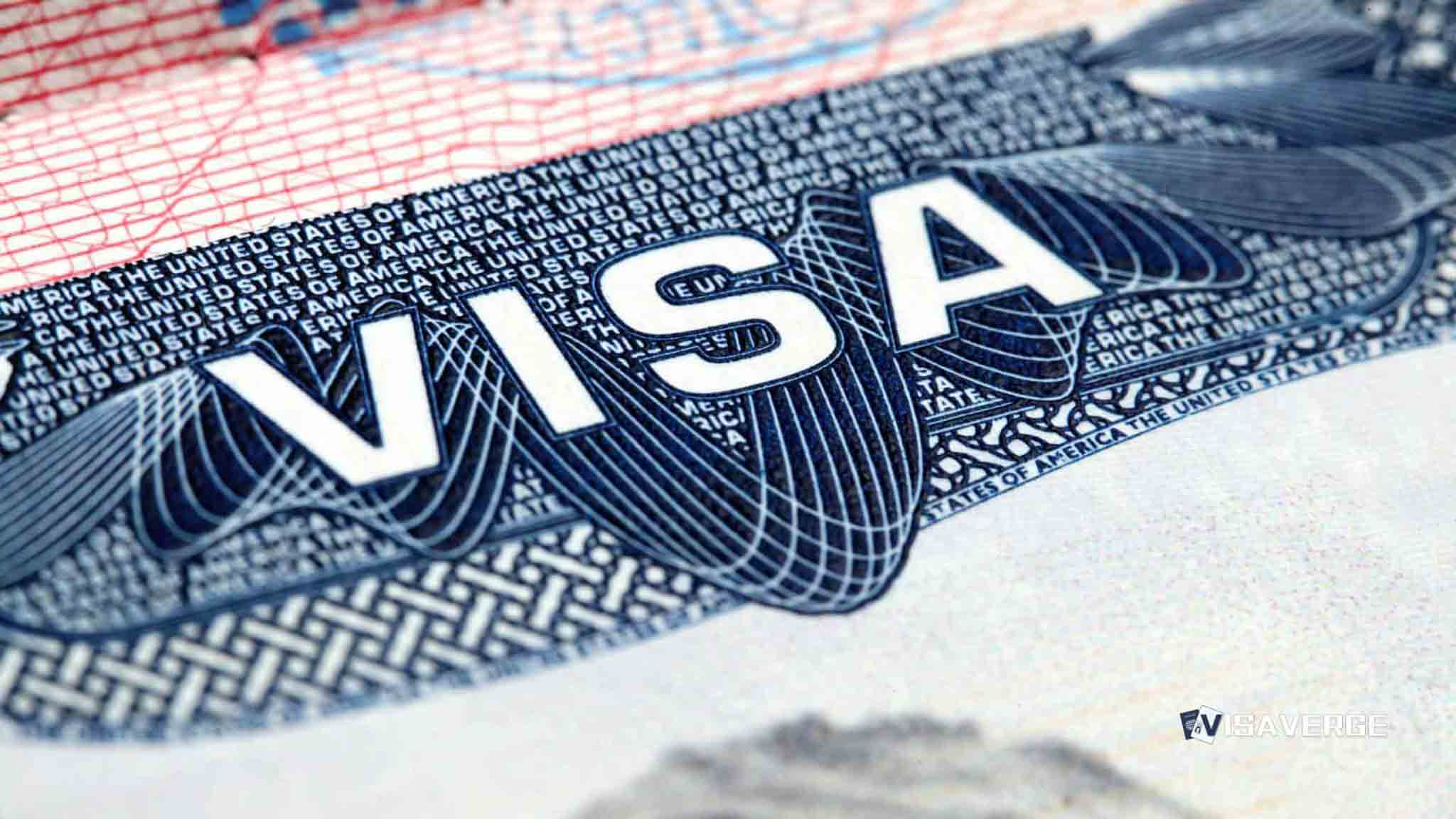If you are a refugee living in Minnesota or considering seeking protection there, it’s important to know exactly who qualifies for support, who faces risks of deportation, and what options are available if you do not meet the requirements. The rules have changed recently, especially with new federal policies and increased ICE arrests. This guide will help you quickly figure out if you qualify for protection and support as a refugee in Minnesota, what could put you at risk, and what you can do if you are not eligible.
Who Qualifies as a Refugee in Minnesota?

To be considered a refugee in Minnesota, you must have entered the United States 🇺🇸 through the US Refugee Admissions Program (USRAP). This is a federal program that helps people fleeing war, violence, or persecution in their home countries. You must have completed the official process and received refugee status before arriving in the United States 🇺🇸.
Key Qualification Criteria:
- You arrived in the United States 🇺🇸 as a refugee through USRAP.
- You entered the country before January 27, 2025.
- You have not committed any crimes that make you removable under U.S. immigration law.
- You have not lost your refugee status for other reasons (such as fraud or misrepresentation).
If you meet all these requirements, you are eligible for state support in Minnesota, including help with jobs, healthcare, and legal services.
Detailed Requirements and Examples
Let’s break down each requirement so you can see if you qualify:
1. Arrival Through the US Refugee Admissions Program (USRAP)
What does this mean?
You must have been approved as a refugee by the U.S. government before coming to the United States 🇺🇸. This process involves interviews, background checks, and official paperwork. If you came to the United States 🇺🇸 as a tourist, student, or on another visa, you do not qualify as a refugee under this program.
Example:
Sara fled violence in her home country and was approved for resettlement through USRAP. She arrived in Minnesota in 2023. She qualifies as a refugee.
Not eligible:
Ahmed came to the United States 🇺🇸 on a student visa and later applied for asylum. He is not considered a refugee under USRAP, even if he is seeking protection.
2. Arrival Before January 27, 2025
What does this mean?
Due to a federal Executive Order, only refugees who arrived before January 27, 2025, can receive state support in Minnesota. If you arrived after this date, you are not eligible for these benefits, even if you came through USRAP.
Example:
Maria arrived in Minnesota as a refugee on January 15, 2025. She is eligible for support.
Not eligible:
John arrived on February 1, 2025, after the Executive Order took effect. He is not eligible for state support, even though he came through USRAP.
3. No Disqualifying Criminal Convictions
What does this mean?
If you have been convicted of certain crimes, you can lose your refugee status and face deportation. This includes both serious and some nonviolent crimes. Even if you have completed your sentence, you can still be deported.
Examples of crimes that can lead to deportation:
– Drug offenses (including marijuana, which is still illegal under federal law)
– Theft or burglary
– Assault or domestic violence
– Fraud or identity theft
Example:
Phong, a refugee from Vietnam, was convicted of a marijuana-related offense in Minnesota. Even though marijuana is legal in the state, it is illegal under federal law. Phong is now at risk of deportation.
Not eligible:
If you have any of these convictions, you do not qualify for protection from deportation, even if you meet the other requirements.
4. No Loss of Status for Other Reasons
What does this mean?
If you lied or used false documents to get refugee status, or if you have done something else that breaks immigration rules, you can lose your status and be deported.
Example:
If an investigation finds that you used a fake name or provided false information during your refugee application, you could lose your refugee status.
Disqualifying Factors
You will not qualify for protection or support as a refugee in Minnesota if:
- You did not arrive through USRAP.
- You arrived after January 27, 2025.
- You have been convicted of a crime that makes you removable.
- You have lost your status due to fraud or other violations.
What If You Don’t Qualify?
If you do not meet the requirements above, you have a few options, but each comes with its own challenges.
1. Asylum
If you did not enter the United States 🇺🇸 as a refugee but fear returning to your home country, you may apply for asylum. Asylum is for people who are already in the United States 🇺🇸 and are afraid to go back home because of persecution.
- You must apply within one year of arriving in the United States 🇺🇸.
- You must show that you face real danger because of your race, religion, nationality, political opinion, or membership in a certain group.
Official Form:
To apply for asylum, you must file Form I-589, Application for Asylum and for Withholding of Removal. You can find the official form and instructions on the USCIS website.
2. Temporary Protected Status (TPS)
Some people from certain countries may qualify for Temporary Protected Status if their home country is unsafe due to war, disaster, or other emergencies.
- TPS is only available for people from certain countries listed by the U.S. government.
- You must meet all application deadlines and requirements.
You can check if your country is on the list and learn more about TPS on the USCIS TPS page.
3. Humanitarian Parole
Humanitarian parole allows people to enter or stay in the United States 🇺🇸 for urgent reasons, like medical emergencies or family reunification. However, recent policy changes have ended this option for Cubans, Haitians, and Venezuelans.
- Humanitarian parole is not a permanent status and does not lead to a green card.
- It is only for special cases and is hard to get.
4. Legal Help and Community Support
If you are not sure about your status or options, it is important to get legal advice. Many organizations in Minnesota can help:
- Immigrant Law Center of Minnesota: Offers free or low-cost legal help.
- Minnesota Department of Health’s Refugee Health Program: Provides health services for refugees.
- Welcome.US: Shares information about refugee sponsorship and policy updates.
How to Improve Your Chances of Staying Safe
If you are a refugee or immigrant in Minnesota, you can take steps to lower your risk of deportation and improve your chances of staying in the United States 🇺🇸.
1. Avoid Criminal Activity
- Do not use or possess illegal drugs, even if they are legal in Minnesota.
- Stay away from any activity that could lead to arrest or conviction.
- If you are charged with a crime, get legal help right away.
2. Apply for Citizenship
If you have been a refugee in the United States 🇺🇸 for at least five years and have a green card, you may be able to apply for U.S. citizenship. Becoming a citizen is the best way to protect yourself from deportation.
Official Form:
To apply for citizenship, use Form N-400, Application for Naturalization. You can find the form and instructions on the USCIS website.
3. Keep Your Immigration Documents Safe
- Always keep copies of your refugee approval, green card, and other important papers.
- Do not give your documents to anyone except trusted lawyers or officials.
4. Stay Informed About Policy Changes
Immigration rules can change quickly. Stay in touch with local organizations and check official government websites for updates. The U.S. Citizenship and Immigration Services (USCIS) website is the best place for official news and forms.
5. Seek Legal Help Early
If you receive a letter from ICE or are contacted by immigration officials, do not ignore it. Get legal help right away. Many organizations in Minnesota can help you understand your rights and options.
What Are the Main Risks for Refugees in Minnesota?
The biggest risk for refugees in Minnesota right now is deportation due to criminal convictions. Even nonviolent crimes, like marijuana possession, can lead to removal because federal law is stricter than state law. ICE arrests have doubled in Minnesota in 2025, with 878 arrests between January 20 and June 26. This shows that enforcement is increasing, especially under the Trump administration.
Other risks include:
- Losing status due to fraud or mistakes in your application
- Changes in federal policy that could affect your eligibility
- Limited options for new arrivals due to the suspension of USRAP
What Support Does Minnesota Offer Refugees?
Minnesota is known for supporting refugees, especially those who arrived before January 27, 2025. The state provides:
- Help finding jobs
- Access to healthcare
- Legal assistance
- Community programs and support groups
However, these services are only available to those who meet the eligibility criteria. New arrivals after January 27, 2025, do not have access to these benefits due to federal restrictions.
What Has Changed Recently?
Several important policy changes have affected refugees in Minnesota:
- ICE arrests have increased, doubling compared to last year.
- A federal Executive Order suspended new refugee admissions through USRAP after January 27, 2025.
- A Presidential Proclamation restricted travel and visa issuance from several countries.
- A Supreme Court ruling ended humanitarian parole for Cubans, Haitians, and Venezuelans.
These changes mean that it is harder for new refugees to come to Minnesota and that those already here face more risks if they break the law.
What Should You Do Next?
If you are a refugee in Minnesota, here are the steps you should take:
- Check your arrival date and status. Make sure you arrived before January 27, 2025, and came through USRAP.
- Review your criminal record. If you have any convictions, talk to a lawyer right away.
- Apply for citizenship if you are eligible. This is the best way to protect yourself.
- Stay connected with local organizations. They can help you with legal, health, and job support.
- Stay informed about policy changes. Check the USCIS website for updates.
Where Can You Find More Information?
For more details about refugee status, eligibility, and support in Minnesota, visit the U.S. Department of State’s Refugee Admissions page. This official site explains the US Refugee Admissions Program and provides updates on current policies.
Summary Table: Minnesota Refugee Eligibility and Risks
| Requirement | Eligible? | Example of Yes | Example of No |
|---|---|---|---|
| Arrived through USRAP | Yes | Approved refugee from Syria | Entered as tourist, then applied |
| Arrived before Jan 27, 2025 | Yes | Arrived Jan 15, 2025 | Arrived Feb 1, 2025 |
| No disqualifying criminal conviction | Yes | No criminal record | Convicted of marijuana possession |
| No loss of status for fraud | Yes | Honest application | Used false documents |
Key Takeaways
- Refugees in Minnesota who arrived before January 27, 2025, through USRAP and have no disqualifying convictions are eligible for state support.
- ICE arrests have increased, and enforcement is stricter, especially for those with criminal records.
- New arrivals after January 27, 2025, face limited options due to federal restrictions.
- If you do not qualify, consider applying for asylum, TPS, or seeking legal help.
- Applying for citizenship is the best way to protect yourself from deportation.
As reported by VisaVerge.com, the current environment for refugees in Minnesota is challenging, with increased ICE arrests and tighter federal rules. Staying informed, following the law, and seeking legal help are the best ways to protect yourself and your family.
If you need more information or help, reach out to local organizations or visit the U.S. Department of State’s Refugee Admissions page for the latest updates and resources.
Learn Today
USRAP → US Refugee Admissions Program, a federal program approving refugees before their arrival in the US.
ICE → U.S. Immigration and Customs Enforcement, the federal agency enforcing immigration laws including arrests and deportations.
Asylum → Protection granted to people already in the US who fear persecution if they return to their country.
Temporary Protected Status → Temporary immigration status for people from countries affected by war, disasters, or other emergencies.
Humanitarian Parole → Temporary US entry permission for urgent reasons, not leading to permanent residence or green card.
This Article in a Nutshell
Minnesota’s refugee support depends on USRAP arrival before January 27, 2025, and no criminal convictions. ICE arrests surged in 2025. Legal help, citizenship applications, and staying informed are vital for protection amid stricter federal enforcement and policy changes affecting refugees’ eligibility and safety.
— By VisaVerge.com













